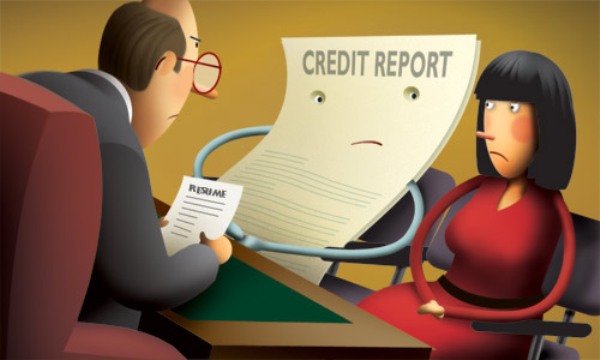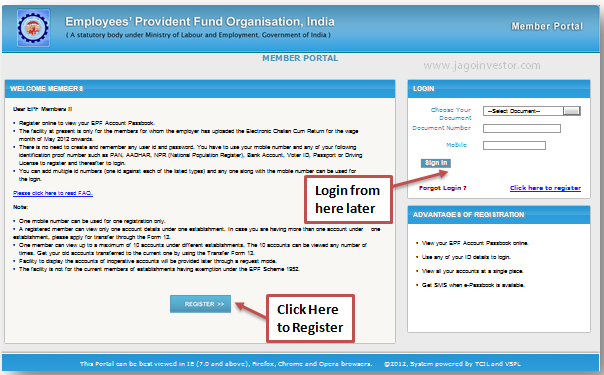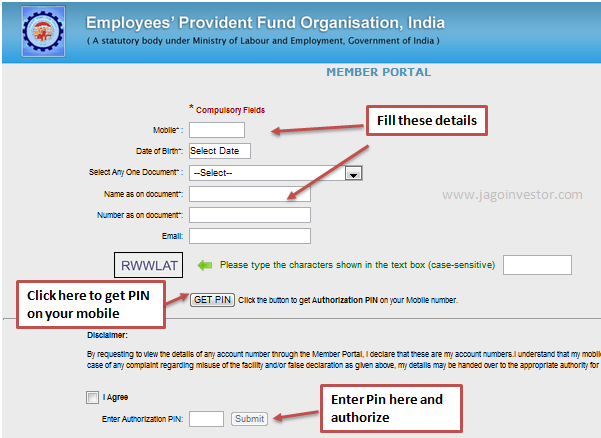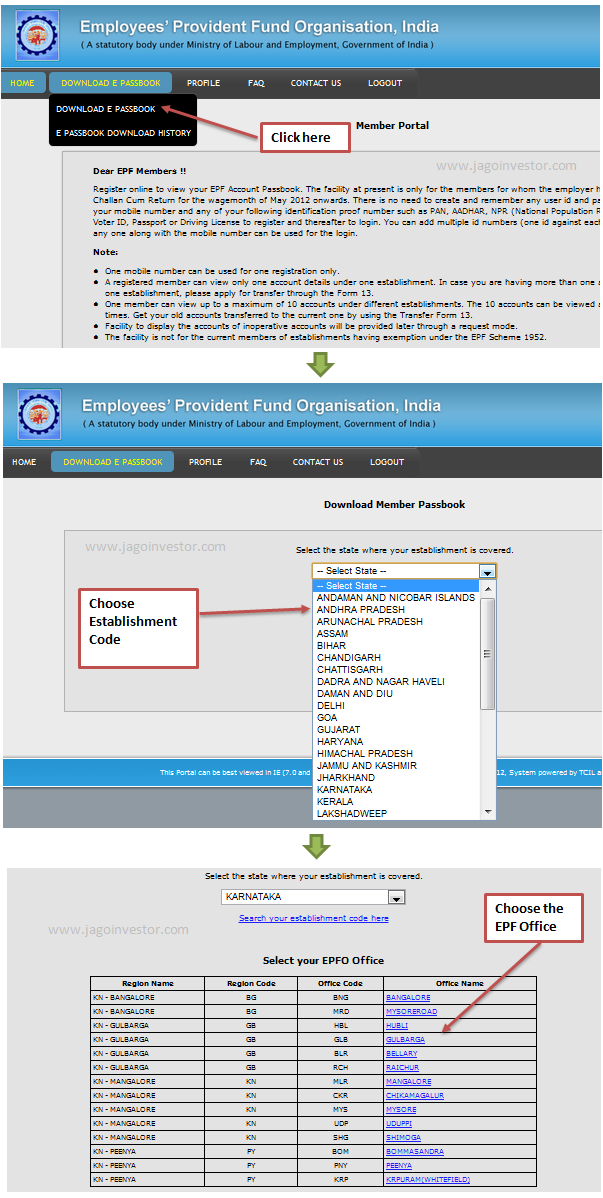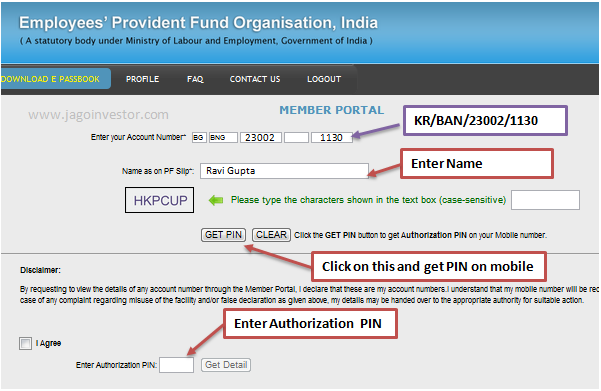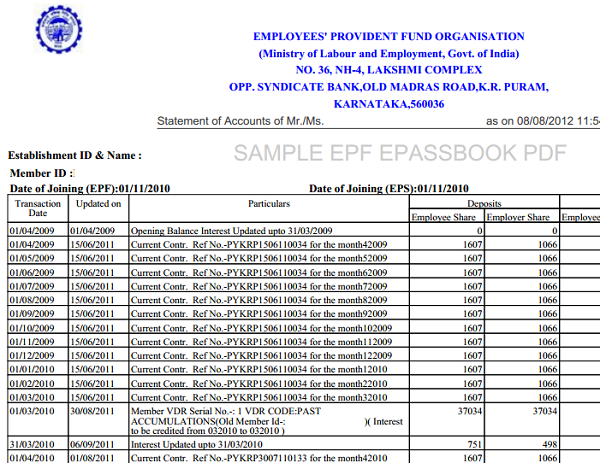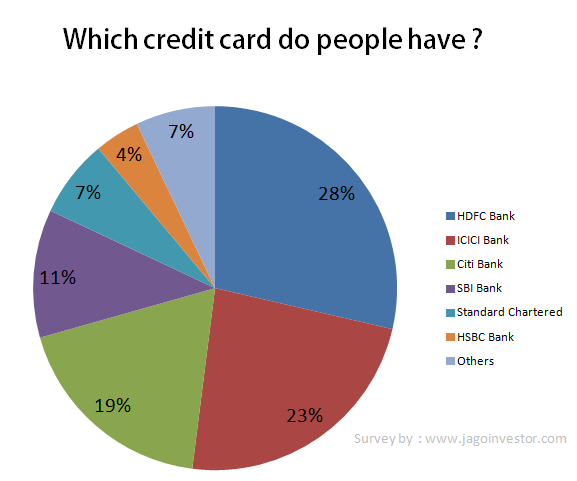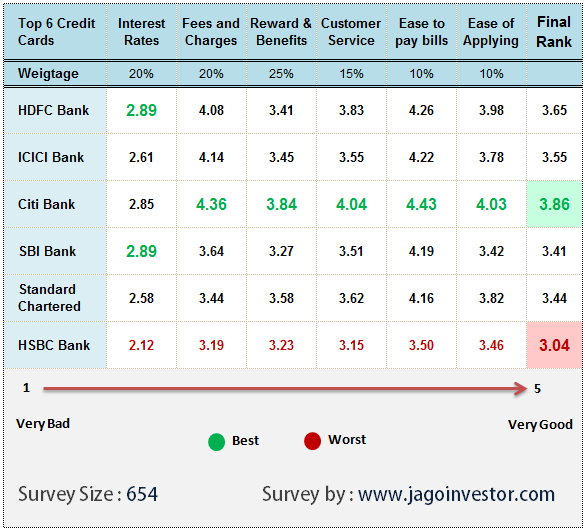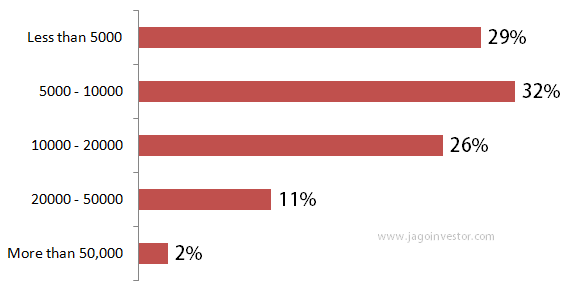A lot of people with high net worth still do not understand Portfolio Diversification. They made good money, their investments have zoomed over the years and they feel that they have understood the mantra for growing wealth. However, an important parameter to look at is “Diversification”. How much diversified you are in your overall financial life? Let us understand what strategies we can adopt for diversification of portfolio, but let’s look at 2 examples to understand the problem first.
Example 1
Let’s look at Ajay’s example – whose net-worth has is 4 crores overall, but 3.5 crores are in just one flat in Mumbai. What can go wrong? There can be several events which can affect Ajay, An earthquake in Mumbai can come someday, prices may suddenly take a hit (if not today, maybe in future, Ajay might come to know someday that the quality of material used is not good, Liquidity issues etc etc
Example 2
Robert has successfully grown his net-worth to Rs 15 lacs in just 3 yrs, but the issue is that most of these 15 lacs in concentrated into a single mutual fund called HDFC Top 200. What can go wrong ? – The equity markets can see one of the biggest fall just 3 years before Robert needs the money, The stocks picked by the funds can do exceptionally bad, the fund manager might take wrong decisions in a row, The expense ratio increases and you don’t know its hurting you badly from many years etc etc.
While these are hypothetical examples, you must have got a good idea of what I want to say here. A portfolio extremely skewed on one side can be extremely dangerous, maybe the chances of risk are low, but still, it can occur.
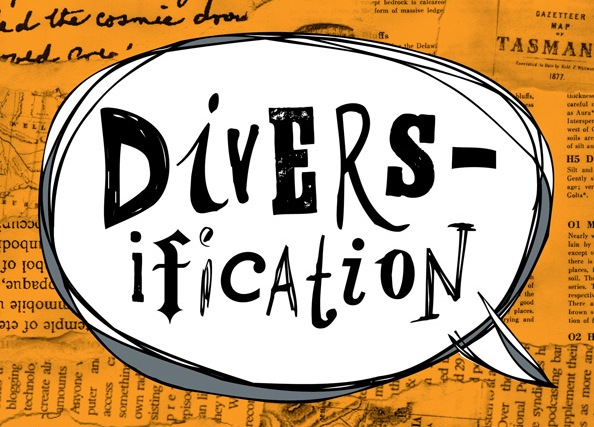
6 types of Portfolio Diversification
Asset allocation is a word that describes how well are your assets allocated across various asset classes and you do it with diversification! A lot of people feel that just because they have invested in 10 mutual funds, they have diversified their investments, but portfolio diversification is achieved at different levels. In my book Jagoinvestor, In the last chapter I talk about the simplicity of Financial life and show how 3 mutual funds are not too much different than 5 mutual funds in equity diversified category, Their underlying investments (large-cap stocks, mid-cap, the concentration of the largest stock) are pretty much exact same. Now Let’s see some of the types of Portfolio Diversification
1. Across Asset Class
You might want to diversify your investments in different asset classes like equity (mutual funds, stocks), Real estate, Debt products, commodities like gold, silver and finally Cash. It’s important to do this kind of diversification if you are not an expert in one asset class and can not handle it fully.
2. Within Asset Class
When you invest your money in one asset class but in different kinds of instruments or companies, you are diversifying it across various instruments of the same types. A very simple example is opening Fixed Deposits in various banks. If you had to open a 10 lacs FD, the chances are you will choose 4 banks and put 2.5 lacs in each rather than doing it for 10 lacs in just one bank. In the same way someone investing in 5 different equity mutual funds. While the underlying asset class is exactly the same (equities), but still some kind of diversification is there (different fund managers handling it).
3. Geography Wise
Then you can diversify location wise or geography-wise. You can invest in real estate in India, US, UK .. You can also invest in real estate across different cities within India. You can buy stocks in the Indian stock market, US stock markets, and other countries too. The idea is to take advantage of currency fluctuations too, but this is only for experts who understand that.
4. Across Capitalization
When you invest in mutual funds, you can choose to invest in small-cap funds, large-cap funds, extra large-cap funds, small companies, big companies, etc, etc. Note that the risk and return potential will be different and anyways you will invest in different companies.
5. Across Time
Your investments can be across time also, like long term investments, short term investments, medium-term investments, You can have a 5 yrs deposit, 2 yrs deposit and 6 months deposit as well. Imagine if you have done 5 yrs deposits only – which can affect your liquidity
6. Across Style
There can be diversification across styles – You can invest in products giving you fixed income, or which are just for growth purpose. You can invest in something that has value investing principles or more speculative ideas.
Can you think about more kind of diversification or any other benefits for portfolio diversification?
What about Over diversification?
Should you diversify in all ways? Definitely not. The above ideas are just to show you how many kind of diversifications can be there, you should not overdo it and try to incorporate all kind of diversifications in your financial portfolio. Just see how much makes sense in your case and properly access how much you need it.
If you look at your current portfolio, Many many marks out of 10 will you give on the parameter of “Portfolio Diversification” or “Asset Allocation”?
